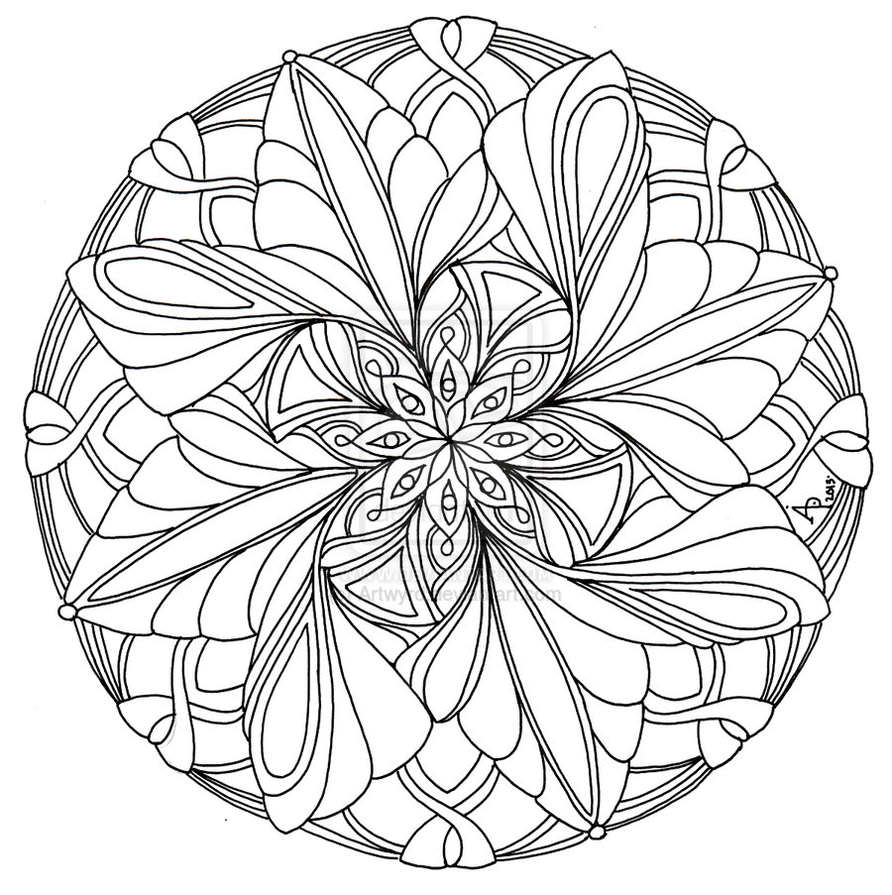In a 2001 World Health Organization mental health report, it was estimated that, in the year 2000, obsessive compulsive disorder or OCD was among the top 20 causes of illness-related disability, worldwide, for individuals between 15 and 44 years of age.
http://www.ocdeducationstation.org/ocd-facts/incidence-of-ocd
 The Mayo Clinic describes Obsessive Compulsive Disorder in the following:
The Mayo Clinic describes Obsessive Compulsive Disorder in the following:
Obsession symptoms
OCD obsessions are repeated, persistent and unwanted urges or images that cause distress or anxiety. You might try to get rid of them by performing a compulsion or ritual. These obsessions typically intrude when you’re trying to think of or do other things.
Obsessions often have themes to them, such as:
Fear of contamination or dirt
Having things orderly and symmetrical
Aggressive or horrific thoughts about harming yourself or others
Unwanted thoughts, including aggression, or sexual or religious subjects
Compulsion symptoms
OCD compulsions are repetitive behaviors that you feel driven to perform. These repetitive behaviors are meant to prevent or reduce anxiety related to your obsessions or prevent something bad from happening. However, engaging in the compulsions brings no pleasure and may offer only a temporary relief from anxiety.
You may also make up rules or rituals to follow that help control your anxiety when you’re having obsessive thoughts. These compulsions are often not rationally connected to preventing the feared event.
As with obsessions, compulsions typically have themes, such as:
Washing and cleaning
Counting
Checking
Demanding reassurances
Following a strict routine
Orderliness
http://www.mayoclinic.org/diseases-conditions/ocd/basics/symptoms/con-20027827
What are these symptoms trying to tell us?
My mind and life are overwhelming me and I do not know what to do about it. I’m feeling out of control.
I’m doing the best I can
Simply, life is getting more complex. One begins to feel extremely confused. Consequently, obsessions take over as a distraction and then add on compulsions to further manage these feelings. Then shame appears to the tune of “I should be smarter and stronger than this”.
Usually, this dynamic happens between the ages of 15-44, as described above. This is a time when life’s chaotic invasion happens one way or another. It could begin with simple change, trauma, problems with parents, relationship break down, or anything that can trigger overwhelming anxiety.
Typically, I see those suffering with these obsessive compulsive symptoms trying to get back to a place within themselves that no longer exists, as many of us do only in other ways. The simplicity of life is gone as they/we knew it and that can be terrifying. It’s as if one has been booted out of the garden of eden, even if that eden was just an ideal. What was once dependable, no longer works.
The hope is in getting help and not just medication
One needs emotional development and intellectual development to adjust to the new reality. A good psychotherapist can help with this. Friends, family, and spiritual leaders may be helpful and may be part of the problem. Everyone needs guidance from time to time and someone who says they don’t, now that worries me.
